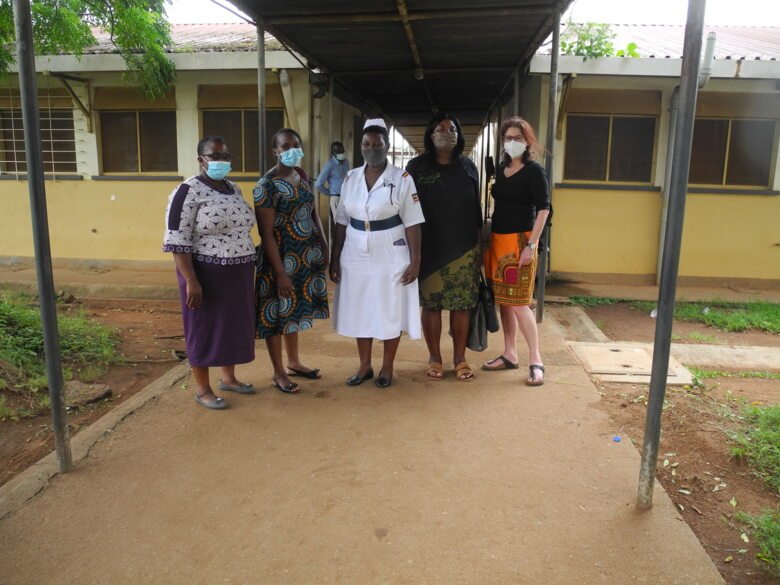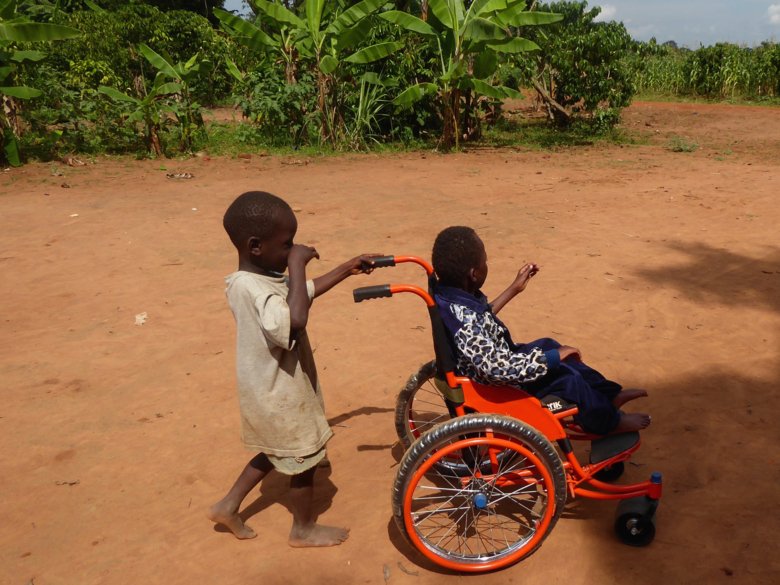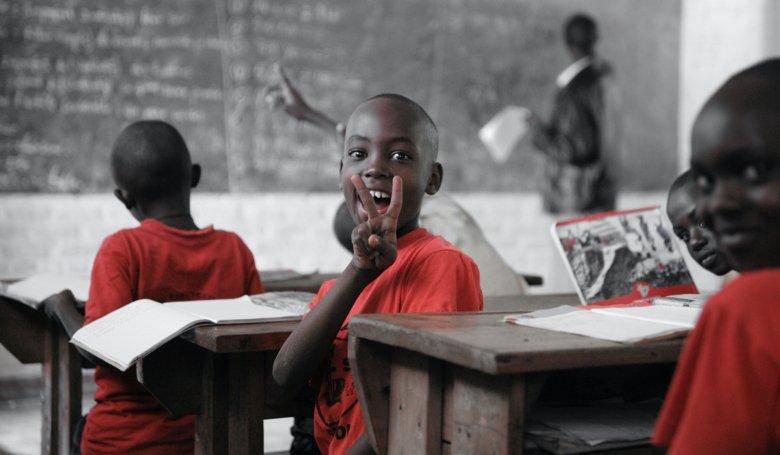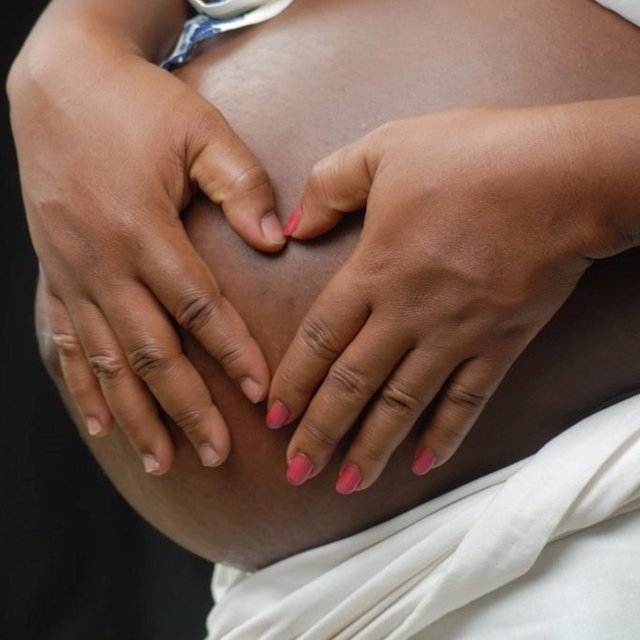Research collaboration with Makerere University
Over the last 20 years, there has been the research collaboration in areas such as HIV, sexual and reproductive health, infant care, malaria, tuberculosis, global health, cardiovascular disease, type 2 diabetes, and mental health. During the last five years, the focus has shifted towards maternal and child health, non-communicable diseases (NCDs) and health services, which reflects a corresponding shift in health-related challenges in Uganda.
The shift in the areas of focus for the research to maternal and child health, non-communicable diseases (NCDs) and health services, reflects a corresponding shift in health-related challenges in Uganda. NCDs are highly prevalent in both Sweden and Uganda and relevant diseases to collaborate around.
Several of the joint research efforts have received collaboration grants from the Swedish Research Council, Sida and the European Union. The scientists involved have access to unique population-based data from health and demographic surveillance sites (HDSSs) in Uganda. Below a selection of ongoing projects are briefly introduced.
Selection of ongoing projects

The ALERT Consortium
The ALERT Consortium, financed by the European Horizon 2020 Framework, aims to improve intrapartum care in high case-load hospitals in four Sub-Saharan African countries. Makerere University is one of the partners besides others in Benin, Malawi, and Tanzania. ALERT includes six doctoral students and four post-doctoral researchers across the four sites.
PI Claudia Hanson, co-PI Peter Waiswa

Children and youth with developmental disabilities in rural Uganda
Since 2014, Makerere and KI have collaborated in the CURIE consortium with principal investigators Angelina Kakooza-Mwesige, Makerere, and Hans Forssberg, KI, on children and youth with developmental disabilities in rural Uganda.
Newsflash 2021 Children with cerebral palsy in rural Uganda
PREGART
A 5-year EDCTP-funded clinical trial project called PREGART which aims to identify optimal antiretroviral treatment regimens for HIV-infected pregnant and breastfeeding mothers. PREGART is being conducted in Uganda and in Ethiopia. At KI Eleni Aklillu is working together with Dr Jackson Mukonzo from Makerere University (KI/Mak alumnus) and Dr Birkneh Tadesse Hawassa (University in Ethiopia).
PREGART project was officially launched in Uganda in January 2020.

Treatment for children co-medicating against HIV and epilepsy
Sarah Nanzigu, Makerere, and Jaran Eriksen, KI, work together to improve treatment for children co-medicating against HIV and epilepsy. The collaboration is with the Baylor Uganda Paediatric HIV Services to which they were introduced by Celestino Obua, KI/Mak alumnus and former principal of the College of Health Sciences and Lars L Gustafsson, KI.

Support for doctoral education at Mak
Researchers from KI and Makerere are continuing to support doctoral education regardless of Sida funding. Topics are: evaluating second-trimester abortion care in Uganda, encourage companionship during birth and understanding repeated adolescent pregnancies.
Exploring birth asphyxia in Uganda
Elizabeth Ayebare is a PhD student under the Sida-funded project 344 led by Prof. James K. Tumwine. Her research aims to better understand socio-demographic and obstetric factors associated with birth asphyxia, fetal monitoring practices and health workers’ experiences of caring for these newborns. She determines the ability of a point-of-care lactate test to predict adverse newborn outcomes. Ongoing, 2022, is a trial to assess the effect of intrapartum oxygen administration on newborn outcomes. The main supervisors are Prof. Grace Ndeezi (Mak) and Prof. Claudia Hanson (KI).
